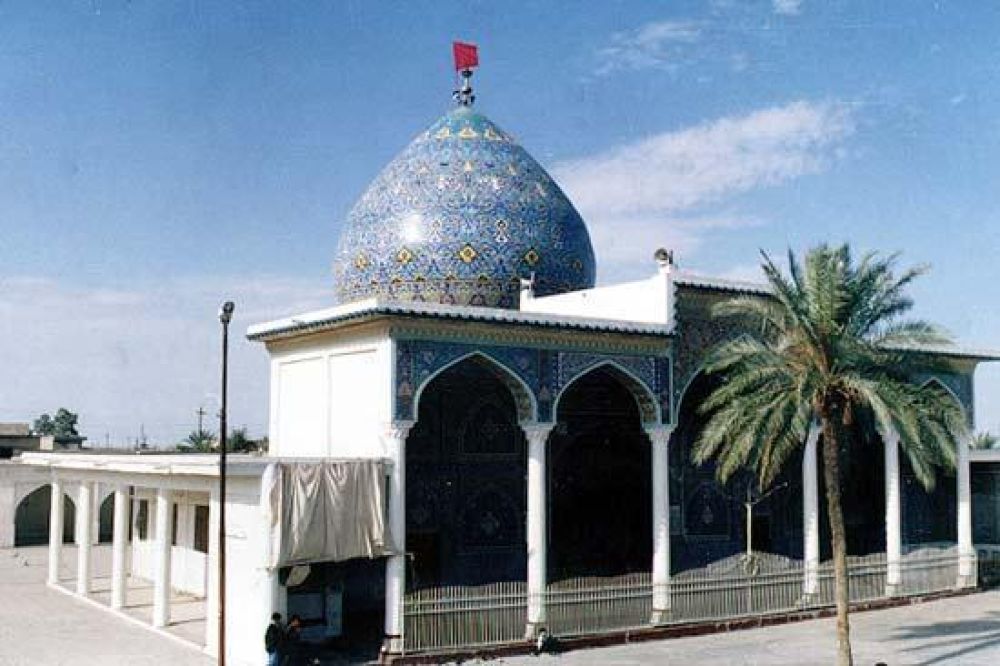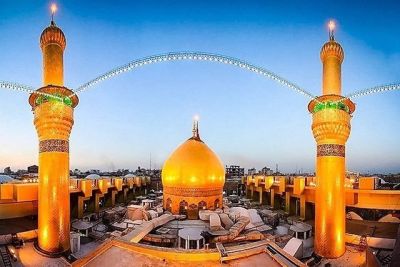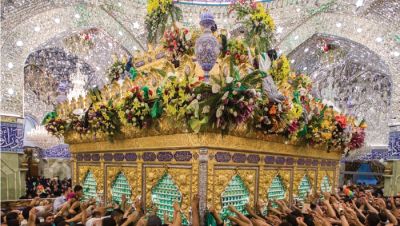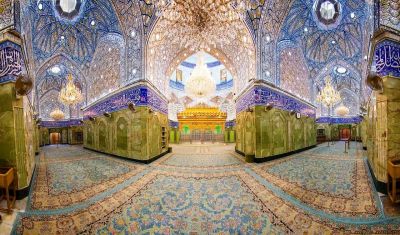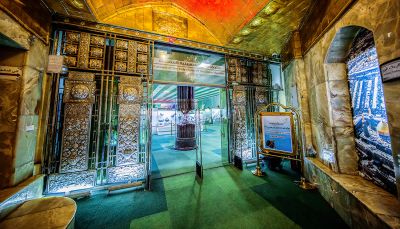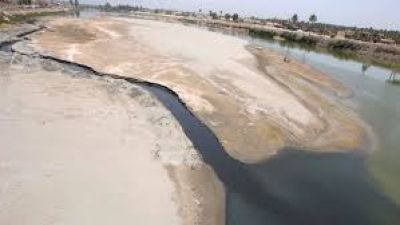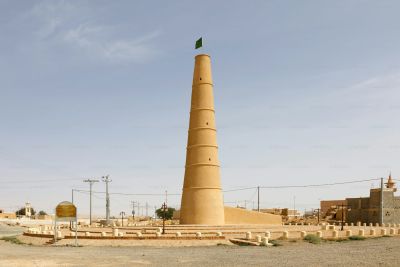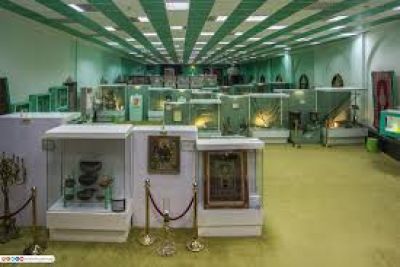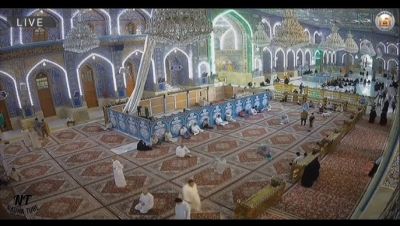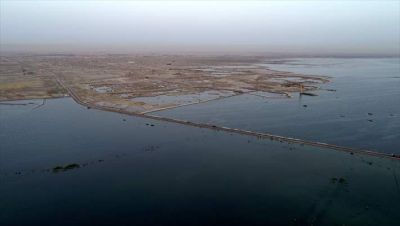Al Hur Mosque, Karbala, Iraq: A Historical Perspective on Tourism
The sacred city of Karbala in Iraq is a focal point of religious tourism, particularly for Shia Muslims, due to its historical significance. This city is the site of the Battle of Karbala, which took place on the 10th of Muharram in the year 61 AH (October 10, 680 CE). The battle is a defining moment in Islamic history, where Hussain ibn Ali, the grandson of Prophet Muhammad, was martyred.
Historical Importance of Al Hur Mosque
The Al Hur Mosque holds great historical value as it is dedicated to the memory of Al-Hurr ibn Yazid al-Tamimi, a commander in the Umayyad army who initially positioned against Hussain ibn Ali and his followers. During the Battle of Karbala, Al-Hurr experienced a change of heart and defected from the Umayyad camp to join Hussain, ultimately dying a martyr's death. The mosque that stands in his memory serves as a symbol of honor and repentance, attracting numerous pilgrims.
The Growth of Tourism in Karbala
Tourism in Karbala has historically been centered around religious pilgrimages, with the city playing host to millions of visitors during the holy month of Muharram, especially on the day of Ashura, as well as throughout the year. Pilgrims come to visit the shrine of Imam Hussain and other religious sites, including the Al Hur Mosque. Over the years, the facilities for pilgrims have significantly improved, accommodating the growing numbers with better services, accommodations, and transportation.
Challenges and Developments in Tourism
Despite the region's large influx of tourists, it faced challenges due to political instability and security concerns. In recent years, however, there has been a concerted effort to ensure the safety and comfort of visitors, which has included infrastructure enhancements and investment in hospitality services. These efforts have contributed to a resurgence in pilgrimage tourism in Karbala.
Latest Tourism Trends
An emerging trend in Karbala, as with many religious destinations, is the increasing use of digital resources for facilitating pilgrimages. Online platforms now provide information on religious rites, travel advisories, and accommodation bookings. Additionally, there is a trend towards cultural and heritage tourism, where visitors not only partake in religious rites but also explore the city's rich history, culture, and local cuisine.
Visiting Al Hur Mosque Today
Today, visitors to Al Hur Mosque can immerse themselves in the deep spiritual atmosphere and learn about the historical context of the site. The mosque serves as a center for learning about the values of honor, sacrifice, and loyalty epitomized by Al-Hurr's life. The city of Karbala continues to work towards making the pilgrimage experience more fruitful and meaningful for visitors from around the world.
